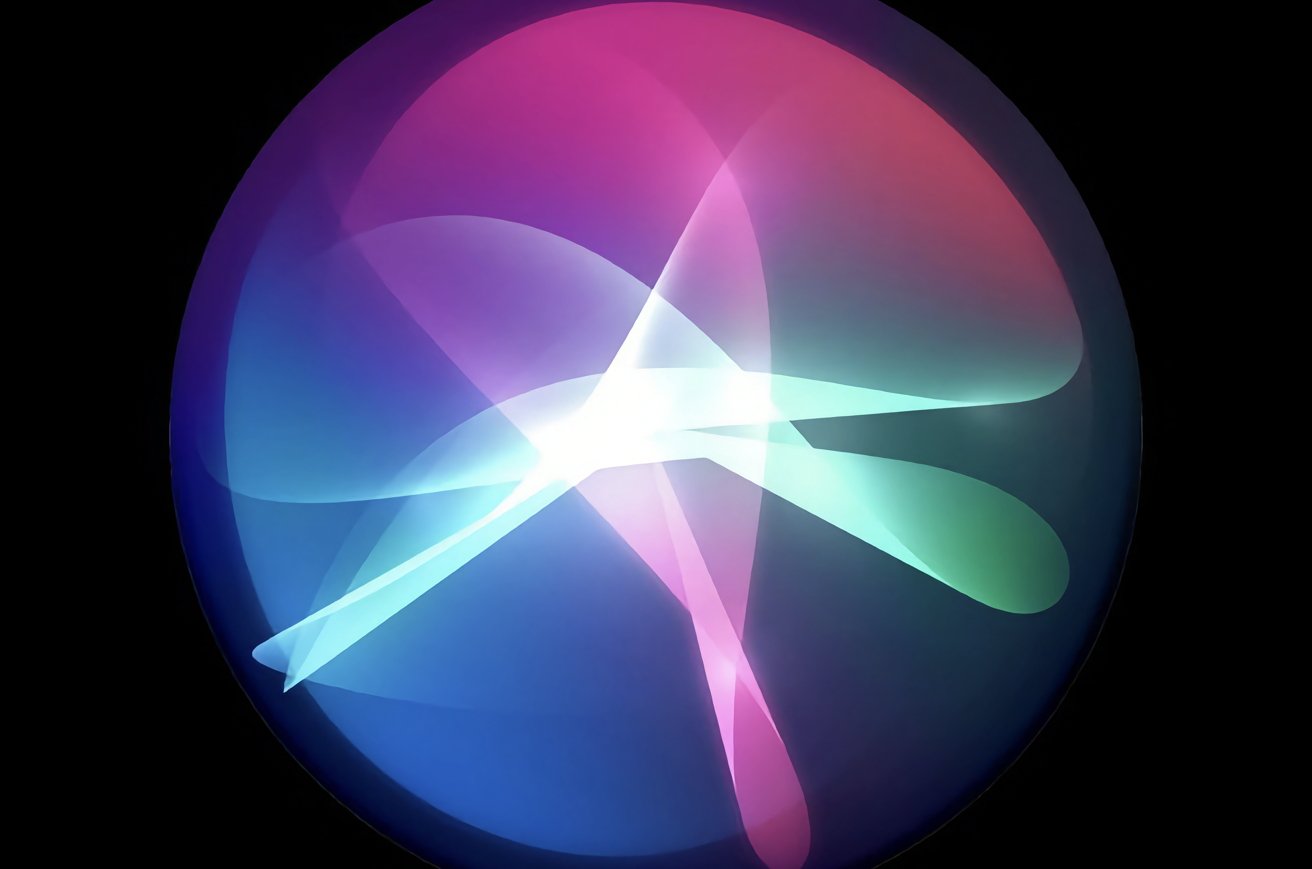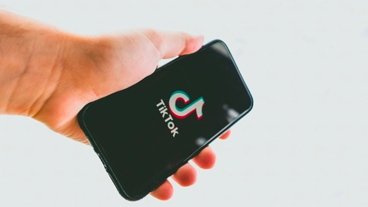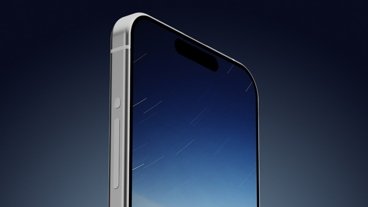Apple isn't standing still on AI and machine learning — it has released a free and open-source framework for other AI developers to build on with Apple Silicon.
Even though Apple has publicly been developing Artificial Intelligence tools for years, tools that it is already implementing in the iPhone, the company is regularly perceived to be behind the rest of the industry in AI. That's the power of semantics — because Apple calls it Machine Learning instead of AI, it is believed to not be doing AI enough.
That's even after Tim Cook said that he sees AI as a fundamental technology, or revealedhow long Apple has been working on this.
Apple has decided to take its work to a very specific audience. It's giving away a deep learning (DL) framework that its Machine Learning team has developed.
It's meant to be tested, used, and improved on by other developer groups, whether they say they're working on Machine Learning, or AI.
Just in time for the holidays, we are releasing some new software today from Apple machine learning research.
— Awni Hannun (@awnihannun) December 5, 2023
MLX is an efficient machine learning framework specifically designed for Apple silicon (i.e. your laptop!)
Code: https://t.co/Kbis7IrP80
Docs: https://t.co/CUQb80HGut
"Just in time for the holidays, we are releasing some new software today from Apple machine learning research, says announcement on Twitter/X by Awni Hannum, part of Apple's Machine Learning Research group.
The software, or framework, is called MLX, which Hannum says "is an efficient machine learning framework specifically designed for Apple silicon (i.e. your laptop!)."
"MLX is designed by machine learning researchers for machine learning researchers," says Apple in its MLX documentation. "The framework is intended to be user-friendly, but still efficient to train and deploy models."
More than what this framework gives users, though, is how it is being presented to the world. There was no press release, no announcement, and certainly not a WWDC keynote presentation.
Instead, Apple is contributing to the open source development of AI tools, where developers can see just how the company is far from behind.
"We intend to make it easy for researchers to extend and improve MLX with the goal of quickly exploring new ideas," continued Apple.
The full source code is available on GitHub.
 William Gallagher
William Gallagher







-m.jpg)






 Wesley Hilliard
Wesley Hilliard
 Marko Zivkovic
Marko Zivkovic

 Christine McKee
Christine McKee
 Amber Neely
Amber Neely

 Malcolm Owen
Malcolm Owen








18 Comments
I am so stoked that they did this. AI talent wants open source publishing and this shows Apple being among the leaders in the field.
A taste of positive things to come me thinks.
A good move. Somewhat late but better late than never.
I can see a parallel with Huawei (and others) here when in late 2018 Huawei announced the Ascend line of chips and supporting frameworks and made it open source.
They have Mindspore, CANN, Da Vinci Pangu etc and all the hardware to go with it.
Ascend starts with Nano (for things like earbuds) and scales up to cluster systems with thousands of cores.
The question must be then if Apple intends to take that step too and produce (and possibly sell/lease?) a system similar to the Ascend 910 at some point?
It almost seems inevitable.